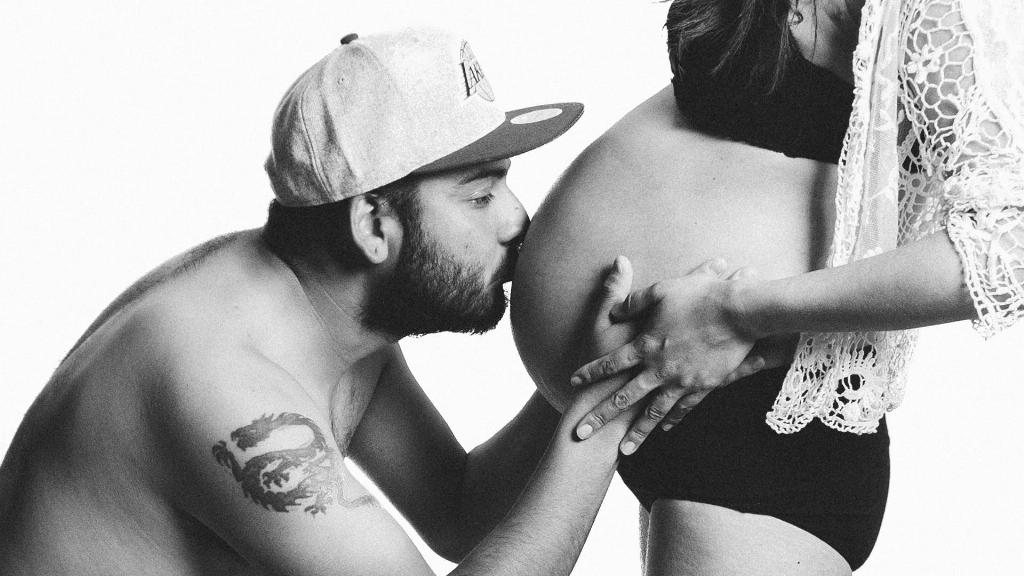When a pregnant woman contracts rubella, the potential consequences are truly devastating. The risks not only extend to the mother but also profoundly impact the developing fetus, posing significant threats to its health and well-being.
Risk of Miscarriage or Stillbirth
Pregnant women who are infected with rubella face an increased risk of miscarriage or stillbirth. The presence of the virus can lead to complications that may result in the loss of the pregnancy.
Birth Defects and Congenital Rubella Syndrome (CRS)
The most severe outcome of rubella infection during pregnancy is the development of Congenital Rubella Syndrome (CRS) in the unborn child. This condition can lead to a wide range of birth defects that can impact the child for life.
Impact on the Developing Baby
CRS can affect nearly every system and organ in the developing baby’s body. From the central nervous system to the sensory organs, the effects of rubella can be widespread and profound.
Common Birth Defects from CRS
Some of the most common birth defects associated with CRS include deafness, which can have lifelong consequences for the affected child. Hearing loss is a prevalent outcome of rubella infection during pregnancy.
Other Potential Birth Defects
In addition to deafness, CRS can result in a range of other birth defects, including heart abnormalities, vision problems, and intellectual disabilities. The impact of rubella on the developing fetus can be catastrophic.
Prevention and Vaccination
Given the severe risks associated with rubella infection during pregnancy, prevention is crucial. Vaccination against rubella before becoming pregnant can help protect both the mother and the unborn child from potential harm.
Importance of Herd Immunity
Ensuring high vaccination rates in the population helps establish herd immunity, which can protect vulnerable individuals, including pregnant women, from exposure to rubella. Herd immunity is key in preventing outbreaks and safeguarding public health.
Seeking Medical Guidance
If a pregnant woman suspects she may have been exposed to rubella or develops symptoms of the infection, seeking prompt medical guidance is essential. Early intervention and monitoring can help mitigate the risks and ensure the best possible outcomes for both the mother and the baby.
Support and Care for Affected Families
Families impacted by CRS require comprehensive support and care to address the complex needs of children living with the condition. Access to medical services, educational resources, and emotional support is crucial in helping these families navigate the challenges they may face.
Ongoing Research and Education
Continued research into rubella, its effects on pregnancy, and strategies for prevention is vital in protecting future generations from the devastating consequences of this disease. Education about the importance of vaccination and the risks of rubella during pregnancy is essential in promoting maternal and child health.

